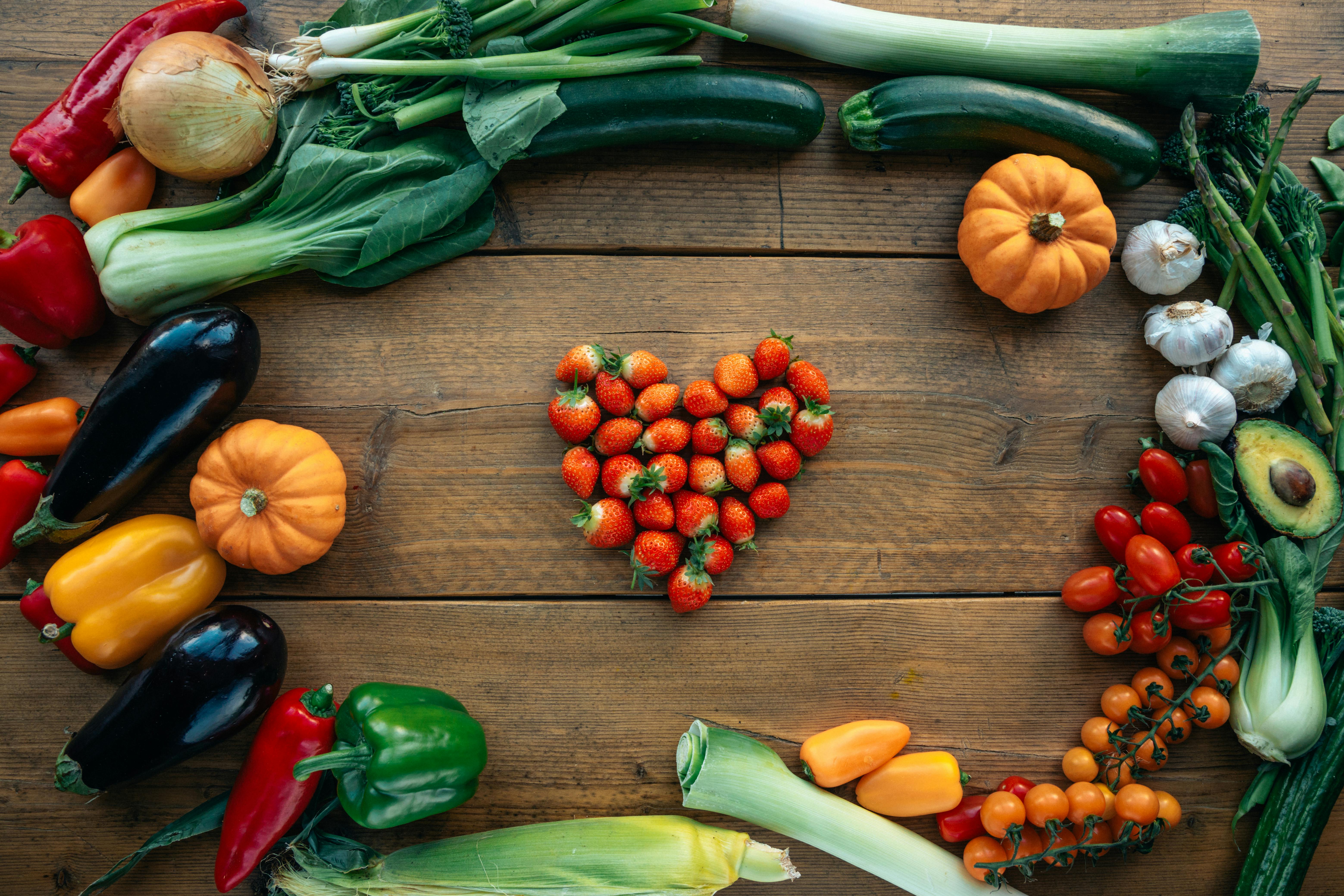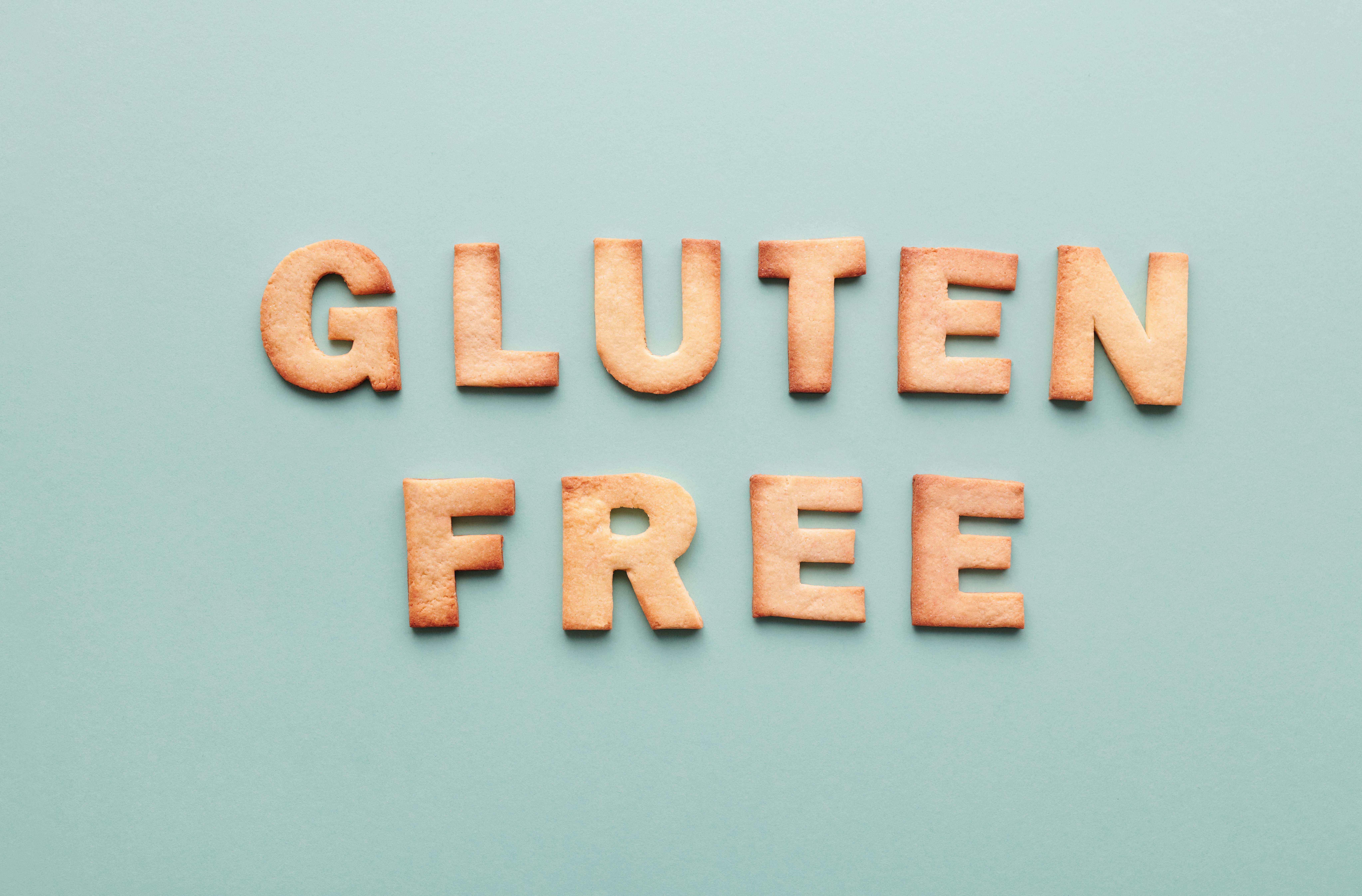
Essential Tips for a Gallstones Diet in 2025
Gallstones are a common ailment affecting millions, leading to discomfort and, in some cases, surgical interventions. In 2025, it’s more crucial than ever to understand how dietary choices can play a pivotal role in gallstone management and prevention. The right gallstones diet not only helps alleviate symptoms but also bolsters gallbladder health, thereby reducing the risk of future stone formation.
Adopting a diet that emphasizes gallbladder-friendly meals can significantly influence your health trajectory. This article will guide you through essential dietary modifications, practical food choices that support gallbladder health, and actionable meal planning strategies. With an emphasis on low-fat and high-fiber foods, we aim to provide you with effective meal ideas while discussing the importance of hydration, healthy fats, and avoiding trigger foods.
By following these tips, you can enjoy a delicious and nutritious diet that keeps gallstones at bay. We will explore the dietary guidelines recommended for gallstone prevention, highlighting fruits and vegetables, lean proteins, and whole grains that promote digestive health. Get ready to embark on a journey toward better gallbladder health with our expert insights and meal prep tips!
Understanding Gallbladder Health and Diet
Building on the importance of dietary practices, understanding the role of the gallbladder in digestion helps inform our dietary choices. The gallbladder functions as a storage reservoir for bile, a digestive fluid created by the liver. Proper bile composition is essential for fat digestion, and maintaining healthy bile production can be influenced by our diet.
Gallbladder Function and Dietary Impact
The gallbladder's primary role is to concentrate and store bile produced by the liver. When we consume high-fat diets, it triggers bile release, aiding in fat breakdown. However, a diet rich in unhealthy fats can contribute to cholesterol stone formation. Therefore, choosing low-fat cooking methods, such as baking or steaming, can support healthy gallbladder function.
Cholesterol Management through Nutrition
Cholesterol is a significant factor in gallstone formation, particularly cholesterol stones. A gallbladder-friendly diet emphasizes reducing saturated fats and replaces them with healthier unsaturated fats found in foods like avocados, nuts, and olive oil. These dietary adjustments not only lower cholesterol levels but also contribute to overall heart health.
Importance of Fiber in Gallstone Prevention
High-fiber foods play a critical role in digestion and gallstone prevention. Including fruits, vegetables, and whole grains can aid in regular bowel movements and reduce bile concentration. Aim for a fiber intake of at least 25 grams a day, incorporating foods such as oats, beans, berries, and leafy greens into your meals.
Avoiding Trigger Foods
Identifying and avoiding specific trigger foods that may worsen gallstone symptoms is paramount. Fried foods, processed snacks, and high-sugar items can lead to gallbladder attack risk. Monitoring how your body responds to different foods can guide you in creating a personalized gallstones diet strategy.
Practical Food Choices for Managing Gallstones
With these fundamentals established, let's delve into practical food choices that enhance gallbladder health. Focusing on whole foods not only promotes digestive well-being but also lays the foundation for maintaining a healthy weight—an essential aspect of gallstone prevention.
Healthy Fats to Incorporate
Incorporating healthy fats into your diet is crucial for gallbladder functioning. Omega-3 fatty acids, commonly found in fatty fish, flaxseeds, and walnuts, can have anti-inflammatory effects that benefit gallbladder health. Look for ways to include these foods in your diet while avoiding saturated fats found in red meat and full-fat dairy products.
Fruits and Vegetables for Gallbladder Health
Fruits and vegetables are excellent sources of vitamins, minerals, and antioxidants that can promote gallbladder health. Some of the best options include apples, pears, leafy greens, and cruciferous vegetables like broccoli and Brussels sprouts. These foods help facilitate digestion and soften bile, reducing gallstone formation.
Lean Proteins and Meal Ideas
Incorporating lean proteins, such as chicken, turkey, and plant-based proteins, can support muscle maintenance without overwhelming the gallbladder. Consider preparing meals that highlight these protein sources alongside colorful vegetables. For example, grilled chicken with a side of roasted vegetables or a quinoa salad adds nutritious balance to your meals.
Whole Grains and Snacking Wisely
Whole grains not only provide essential nutrients but also support digestive health. Foods like brown rice, whole wheat bread, and quinoa offer fiber, which is important for regularity and preventing gallstones. When snacking, consider options like hummus with carrot sticks or whole-grain crackers with avocado to keep hunger at bay without compromising gallbladder health.
Hydration and Timing: Key Considerations
Following the food choices, it’s vital to recognize the importance of hydration and meal timing in a gallstones diet. Proper hydration is key in managing gallstone symptoms and promoting overall digestive health. Alongside hydration, understanding when and how to eat can significantly impact gallbladder function.
Hydration Importance in Gallstone Prevention
Staying hydrated is essential in maintaining bile production and preventing the concentration of substances that lead to gallstone formation. Aim to drink at least eight glasses of water daily, and consider herbal teas for added variety. Avoiding caffeinated beverages may also benefit those particularly sensitive to gallbladder issues.
Meal Timing Strategies and Frequency
Meal timing plays a critical role in ensuring optimal digestive function. Eating smaller, more frequent meals throughout the day can prevent bile from becoming overly concentrated, reducing the risk of gallstones. Consider structuring your meals to include five to six small meals rather than three large ones, which can aid digestion.
Portion Control Techniques
Controlling portion sizes is a vital aspect of a gallstones diet. This allows you to enjoy a variety of foods while maintaining balance. Practicing mindful eating and listening to your body's hunger cues will help you manage portion sizes effectively. Using smaller plates and serving utensils can also promote appropriate portion control.
Meal Planning and Preparation for Better Gallbladder Health
As we conclude this exploration of gallstones dietary guidelines, effective meal planning can significantly enhance your journey towards improved gallbladder health. Meal preparation allows you to control your ingredients while crafting meals tailored to preventing symptoms and enhancing overall health.
Meal Prep Tips for a Balanced Diet
Meal prepping can simplify the process of maintaining a gallstones diet. Setting aside a specific day for meal preparation, you can create healthy options for the week ahead. Focus on preparing lean proteins, whole grains, and plenty of fruits and vegetables to ensure nutritional balance.
Cooking Methods and Healthy Oils
Choosing the right cooking methods, such as grilling, steaming, and baking, can reduce unwanted fats in your meals. When using oils, opt for healthier options like olive or avocado oil, and avoid avoiding fried foods that can exacerbate gallstone symptoms. Exploring cooking with herbs and spices can elevate flavor without relying on unhealthy fats.
Healthy Cooking Techniques
Incorporating healthy cooking techniques can enhance flavor and nutrition. Experimenting with herbs, spices, and natural seasonings can make meals more enjoyable. Consider sautéing vegetables in broth instead of oil or using lemon juice to add zest and reduce the need for excess fats.
Final Thoughts and Dietary Modifications
In summary, adopting a gallstones diet that emphasizes low-fat, high-fiber foods, optimal hydration, and mindful eating can significantly improve gallbladder health and prevent complications. By incorporating a variety of fruits, vegetables, lean proteins, and whole grains into your meals, along with careful meal planning and cooking methods, you can create a balanced and enjoyable nutrition plan.
Keeping an eye on symptoms and making adjustments based on personal dietary needs will further support gallstone prevention. Take control of your health with these effective dietary choices, and enjoy a lifestyle that promotes digestive well-being and overall health.

